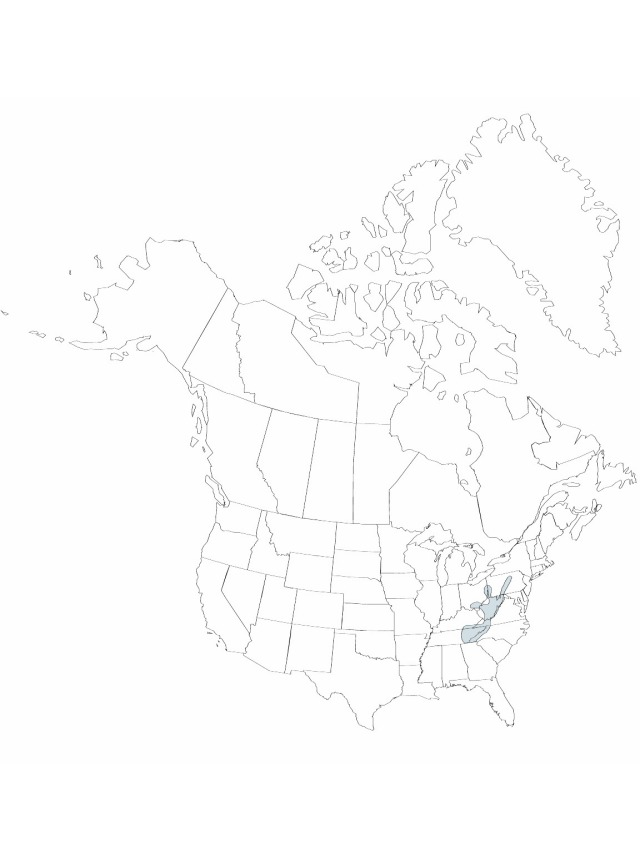Difference between revisions of "Potamogeton tennesseensis"
Rhodora 38: 167, plate 412. 1936.
FNA>Volume Importer |
FNA>Volume Importer |
||
| Line 49: | Line 49: | ||
|publication year=1936 | |publication year=1936 | ||
|special status= | |special status= | ||
| − | |source xml=https://jpend@bitbucket.org/aafc-mbb/fna-data-curation.git/src/ | + | |source xml=https://jpend@bitbucket.org/aafc-mbb/fna-data-curation.git/src/f6b125a955440c0872999024f038d74684f65921/coarse_grained_fna_xml/V22/V22_521.xml |
|genus=Potamogeton | |genus=Potamogeton | ||
|species=Potamogeton tennesseensis | |species=Potamogeton tennesseensis | ||
Revision as of 19:03, 24 September 2019
Rhizomes present. Cauline stems terete, without spots, 10–35 cm; glands absent. Turions absent. Leaves both submersed and floating or floating absent, ± spirally arranged. Submersed leaves sessile, lax; stipules persistent, inconspicuous, convolute, adnate to blade for ¼ or less stipule length, light brown to dark green, ligulate, 0.5–1.5 cm, not fibrous, not shredding at tip, apex acute; blade red-brown to dark green, linear-filiform, not arcuate, 2.5–10.5 cm × 0.2–1(–2) mm, base slightly tapering, not clasping, without basal lobes, margins entire, not crispate, apex not hoodlike, long tapering, lacunae abundant, broad, filling area between margin and midvein; veins 1–3. Floating leaves petiolate; petioles continuous in color to apex, 2.5–6 cm; blade greenish brown adaxially, lance-oblong, 2–4(–5.5) cm × 5–13 mm, base acute, apex acute; veins 9–23. Inflorescences unbranched, emersed; peduncle not dimorphic, axillary, ascending, cylindric, 3–8 cm; spikes not dimorphic, cylindric, 10–22 mm. Fruits sessile, greenish brown, quadrate-orbicular, slightly compressed, abaxially keeled, laterally ridged, 2.5–3 × 2–2.5 mm; lateral ridges without points; beak present, erect, 0.5 mm; sides without basal tubercles; embryo with less than 1 full spiral.
Phenology: Flowering mid spring–fall.
Habitat: Slow- to fast-moving streams and rivers
Elevation: 200–1000 m
Distribution

Ky., Md., N.C., Ohio, Pa., Tenn., Va., W.Va.
Discussion
No specimens have been seen from Maryland although the species is to be expected there.
Of conservation concern.
Selected References
None.